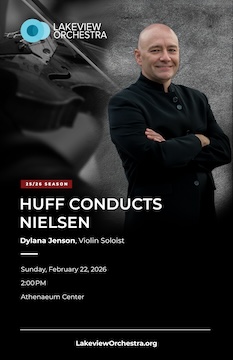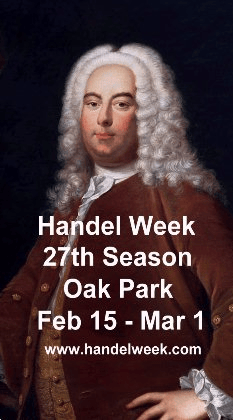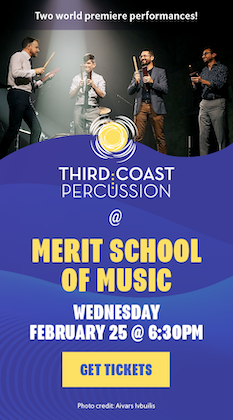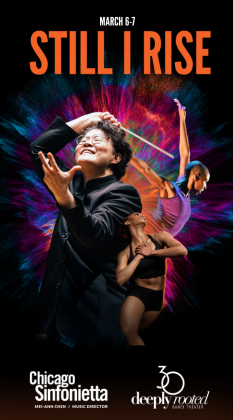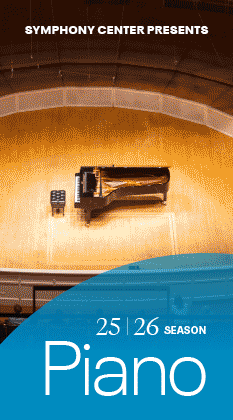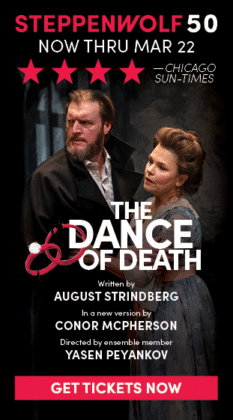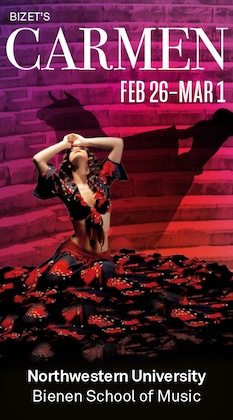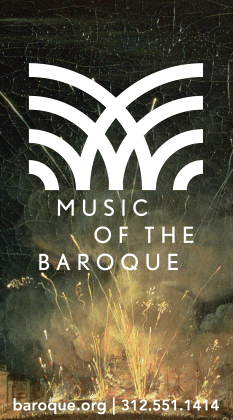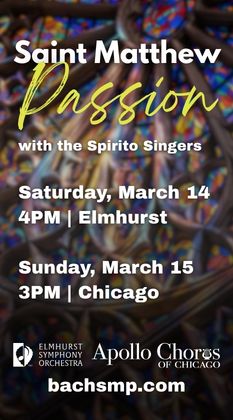Fulcrum Point serves up an evening of ritual with two substantial new works
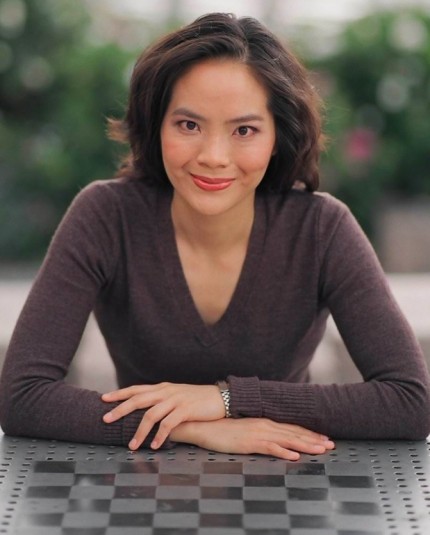
If sometimes Fulcrum Point’s programs seem more focused on thematic linkage then discovering genuinely worthy new music, Tuesday night’s concert at the Harris Theater gave their audience the best of both worlds.
The program titled “Speaking in Tongues,” offered three world premieres, two of which provided the most impressive and substantial new music heard in this series in recent seasons.
The thematic connective tissue of the four selections was ritual and language in this third and last concert in the ensemble’s “Movies, Myths and Machines” series.
The main event of the night—and the clear audience favorite—was the world premiere of Yunnan Folk Songs by Vivian Fung. The composer has mined several folksongs from various dialects in the Yunnan province in southwestern China, home to more than 25 nationalities and languages.
Scored for chamber orchestra, soprano and baritone, Fung’s work uses seven songs (from Yi, Hani, Lisu and Jingpo nationalities) with Fung keeping the main melodic line and rustic flavor while recomposing the music surrounding it. The soloists perform each song together rather than alternating settings, Mahler style.
Wushan Mountain Song opens the work in strikingly imaginative fashion with soprano Katherine Calcamuggio and baritone Brad Jungwirth stationed on far sides of the Harris Theater main floor, their antiphonal voices painting two people calling to each other from a vast distance.
A lively non-vocal Overture based on a courtship song is followed by the antic Pig Herding Song, both singers employing a range of calls and nonsense words to collect their respective swine. The ardent Love Song While Planting the Rice Fields is followed by a starkly rhythmic Rice Pounding Song. Calcamuggio brought jarring intensity to her part in the traditional Wedding Lament (insert your own joke here) and the boisterous Youth Dance Song caps the cycle in exhilarating fashion.
Yunnan Folk Songs is an engaging and delightful work crafted with great flair, with Fung’s skillful writing and scoring for voices and orchestra avoiding both pastiche and the stolid, overly respectful treatment of so many world-music inspired works.
Give great credit to the two hard-working young soloists whose energetic and evocative singing brought these atmospheric settings to life. Stephen Burns drew playing of great vitality from the chamber orchestra with notable contributions from sheng player, Alan Pang Hong-tai.
In an era of reflexive Neo-Romanticism and vacuous pop-influences, there are not many young composers today who dare to write uncompromising 12-tone music.
Not only does Geoffrey Gordon adhere to a fairly tough and astringent serial style in his Tiger Psalms, but the composer also makes the music sing magnificently. Like Alban Berg, Gordon’s modified serialism brings an individual and communicative style to his tone rows.
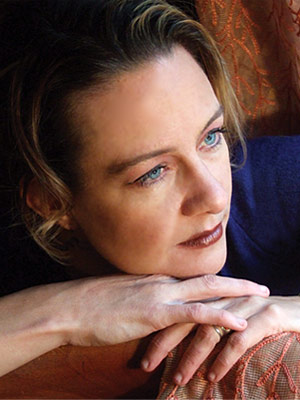
These three songs for mezzo-soprano and chamber orchestra, written to (slightly reordered) poems by Ted Hughes, are bracing and pungent stuff, scored with a striking ear for colors and unusual timbral contrasts and combinations.
Julia Bentley was a fearless soloist delivering a tour de force performance of this intensely challenging score with its restless, angular vocal line and stratopsheric leaps. Gordon may want to lighten the orchestration a bit, which buried his soloist at times but this is a very impressive and significant world premiere by a composer we should be hearing more from.
Kevin James’ Jawoyn Dreamscapes was the third world premiere of the evening. The composer has created a series of works focused on endangered languages. Like Bartok, James has spent extensive time researching and recording indigenous peoples, in this case, the aborigines of Australia. The result is a work written for chamber ensemble and electronics with James’ loops of the native voices speaking the Jawoyn language in a 5.1 surround system.
If only the music performed by the live musicians was half as compelling as the expressive, gently rhapsodic Jawoyn voices, the work would be a lot more interesting. With a few rustic wooden sounds, the music lopes along aimlessly in tandem with the electronic voices. The overlong work closing unconvincingly in a sudden lush, lyrical theme with rising trumpet in John Williams-esque fashion.
The evening began more intimately with Mischa Zupko’s Rising. Written for violin and piano, the music simply reflects Jesus’s ascent into heaven, as taken from St. Luke. Beginning in gentle introspection the music becomes more impassioned and ecstatic as the violin, representing Jesus, ascends to the highest register, then falls silent as the piano (the disciples) continues playing in a searching elevated calm.
Zupko, Fulcrum Point’s composer in residence, is a gifted and individual voice, and his simple and affecting work was given a dedicated, poignant performance by violinist Matthias Tacke and pianist Kuang Hao Huang.
The evening was enhanced by some striking photographs displayed on a large screen over the stage. While many music organizations make the mistake of flashing changing images during the performances—creating a distracting cognitive dissonance for the audience—Fulcrum Point wisely let a single photo for each work or setting evocatively set the stage by itself.
Posted in Uncategorized
